Here’s an interesting and puzzling piece of history that I stumbled across recently. It makes me think it might be time for a return visit to Malta!
I came across the anecdote in Stuart R. Scott’s 1996 book: Battleaxe Blenheims – 105 squadron RAF at war 1940-1 *
In Chapter 13 (P.122) he writes about the life on Malta where 105 Sdn were stationed in the early part of the war. The airfield was at Luqa where the airport is now. Their barracks and mess were down at Marsaxlokk Bay where seaplanes used to be based, and where they used to swim from the seaplane slipway. Inside the hanger next to the slipway was kept a captured German Heinkel HE 115 floatplane in matt black camouflage. One of the 105 sdn aircrew, Ron Scholefield, is quoted…
Into the bar in the mess from time to time came two quite mysterious characters. Two men who were older than us presumably; looking back they were in their thirties. Both of them wore the ubiquitous khaki shirt and shorts. One wore an army sergeant’s stripes on his arm, but no regimental badges of any kind. The other just wore a khaki shirt & shorts with nothing on them at all. They used to come in and were very friendly but talked rather guardedly about going over to North Africa from time to time, and having lots of contacts over there. They wouldn’t answer any questions about how they got there, or what they did when they were there, except that they had a lot of friends and they went from time to time and brought back information. This went on for quite a long time, and then one evening the German seaplane was wheeled out of the hanger, the first time we had seen it moved. It was taken down to the bottom of the slipway and launched. These two chaps came along and got into it, started up the engines, taxied around and eventually faced towards the exit to the harbour and took off. We watched the take-off and the seaplane disappearing into the distance. When it was almost out of sight, it suddenly turned into a bright flash of light, and presumably exploded. It was very mysterious for we never heard anything more about it, whether it had been shot down, whether it had been sabotaged, or whether there was an accident; the only thing we knew was that we never saw the two men again.
According to Wikipedia, it looks as if the Heinkel was one of a pair operating from Malta. Originally from a group of six Norwegian Air Force HE115s that escaped to the UK as Norway was invaded by Germany. Renumbered into the British inventory as BV185 & BV187. The former flew one clandestine mission to North Africa before being destroyed in an Italian air raid on Kalafrana, Malta. The second, “BV187 flew several missions on the North African coast from its base in Malta before finally being attacked and destroyed by two German Bf 109s.”
Information on these clandestine activities is, not surprisingly, thin on the ground. The subject has been raised in a few WW2 special interest forums & blogs, but many of those have also disappeared.
It sounds from the above that Ron Scholefield might have have been talking about BV187, since his characters seemed to have made multiple flights to Africa, but I have found an interesting report in the Malta Times back in 2004 when some fishermen pulled up wreckage from an HE115 (sadly it’s not clear where the wreckage came from. The fishermen dumped it on the quayside at Marfa which is at the other end of the island from Marsaxlokk/Kalafrana), that suggests he might have witnessed the end of BV185.
The Malta Times article says: “The clandestine operations were carried out from Kalafrana with aircraft and personnel operating under the name of ‘Z Flight’, under the control of Colonel Bertram Ede, the Defence Security Officer at Malta.”
“During the night of June 23, 1941, the Heinkel 115 floatplane BV185, piloted by Norwegian Lieutenant Haakon Offerdal, arrived at Malta from the UK and was hurriedly parked in a hangar at Kalafrana (RAF Kalafrana was next door to Marsaxlokk on Marsaxlokk Bay), where it was kept under strict security. This was to be the first of the Heinkel 115s to come to Malta.”
“During the night of July 8 and 9, enemy bombs dropped on Kalafrana damaged the Heinkel, which sprang a petrol leak that necessitated repairs. The Heinkel flew for the first time following repairs during the morning of September 3 but carried out its first operation on September 18.”
“A few days later, on the night of September 21 and 22, the Heinkel was lost. A Fairey Swordfish biplane, flown by Flt Lt Moore, spotted the wreckage 23 miles north of Malta.”
“The Heinkel crew, made up of Flt Sgts Georges Blaize and R. Gatien, and Sub Lt Roy Drake FAA as observer were lost.”
So this doesn’t really tie in either. For a start there are three crew. Scholefield refers to only two. And if the He 115 blew up within eyesight of the onlookers at Marsaxlokk it would have been maybe six miles to the Southeast, not 23 miles north!
None of it really makes sense. Usually with these historic events, the weight of reportage points in one direction and to where errors could be easily made in the other, but in this case nothing adds up!
There are some interesting notes here too, in response to a modeller’s callout for information on what camouflage they used.
Another report, now deleted, claimed that BV187 (originally Norwegian F64) was “was strafed at its moorings by Messerschmitt Bf 109s and destroyed”, which also could suggests Ron Scholefield saw BV185.
UPDATE 31/12/2019 – I’ve come across another reference to the clandestine goings on at Kalafrana.
This one is in Ron Gillman’s account of his wartime experiences flying Blenheims from Malta in 1940 with 107 squadron. It’s a fascinating read.
Like Stuart Scott with 105 Squadron, he and his 107 sdn air crew were housed in accommodation down at Marsaxlokk. Gillman recounts that one of the 107 crews had walked into the village one night for some entertainment. The road ran along the water’s edge and at one point there was a large and mysterious shed with a slipway that crossed the road and went into the water. On the way back, later than usual, they noted some muted activity by the slipway, and were suddenly surrounded by armed soldiers. Their ID cards were checked, they were searched and then told to stand facing a wall with their hands above their heads.
One of them surreptitiously peaked under his arm and was astonished when a large black seaplane with German markings emerged from the shed, was trundled into the water, fired up its engine and disappeared into the night.
The crew were then taken at gunpoint to be interrogated by a officer who warned them to forget anything they might have seen and not to tell anyone.
They felt, not unreasonably, that they had been left in a dilemma; if this was a British Intelligence activity, then fair enough. But what if it was something else? Shouldn’t someone be told, or at least a check made?
They approached the intelligence office at the airfield the next day and told him what they had seen. He showed no surprise, but taking them into his office and closing the door, he told them the machine was indeed a captured German seaplane, a Blohm & Voss; and that it was used for intelligence purposes, landing off the coast of sicily at night to drop off, and pick up, agents.
Well, we know that it was at least one Heinkel kept in that shed, not a Blohm & Voss seaplane, but the rest of the story ties in.
Gillman recounts the tale because two weeks later, he and others walked the same route, but there was nobody about. Curiosity got the better of them and they shone a torch through a crack in the shed doors. The shed was empty. They asked their Intelligence officer about it and he confirmed the aircraft had taken off a week earlier and failed to return.
So, does anyone have any other intelligence on these events?
* Battle-axe Blenheims: No.105 Squadron RAF at War, 1940-41 (Aviation) (Amazon Affiliate links. I’ll get a cut!)
* The Shiphunters, R.E. Gillman ISBN: 0 7195 3299 X (Not on Amazon)

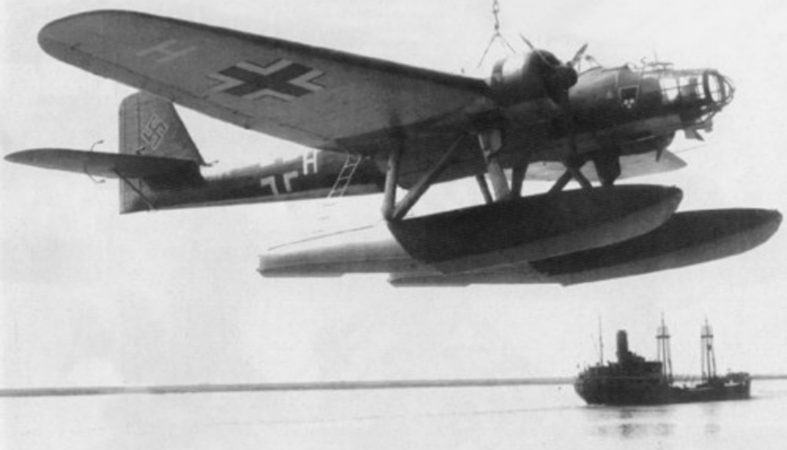
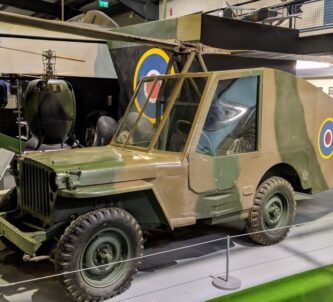
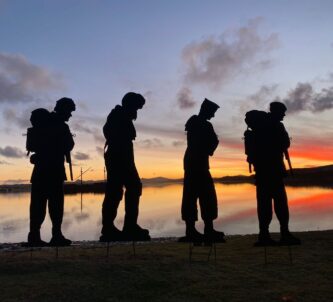
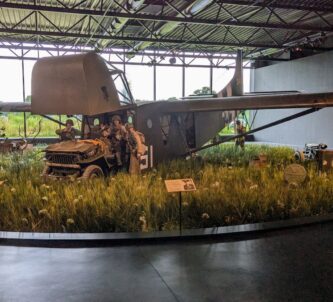
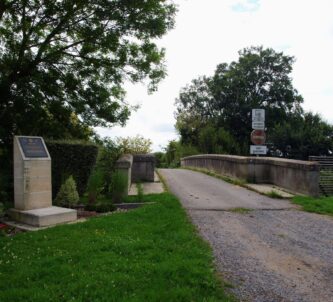
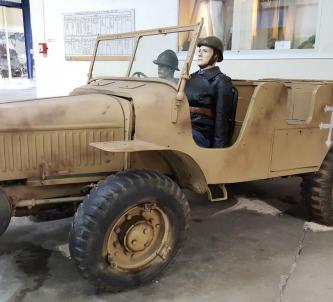

The He 115 on Malta is also mentioned in Mike Henry’s excellent wartime autobiography “Air Gunner” on page 113. this wasa difficult paperback to get hold off, but i see three or 4 copies now on eBay.
Interesting! TYVM 🙂
Hello, is sombody here, had element of the camouglage sheme of BV185?? (Temperate sea sheme or Night intrueder)
french and catalan (as 2 membr eof the crew) modeler
Thanks
There is, by the way, one Heinkel He. 115 currently being restored. It was a German machine (not one of the six originally owned by the Norwegian Air Force) sunk in Hafrsfjord and salvaged in 2012.
http://heinkel115.com/?lang=en
Dear Alastair , It seems there has been a real mystery indeed with that Heinkel 115 in Malta. The free french crew has been identified as: sargent Georges Blaize, R.Gatien and a third character F.A.A Sub.Lt. Roy Drake (observer). Still, apart from the disputed directions towards Tunis or Sicily that might have flown the plane , another capital question arises: Can we find out how many other people boarded that same flight? (French documents are mentioning 2 other free french members too).
Thanks in advance for your help.
Jean-Yves